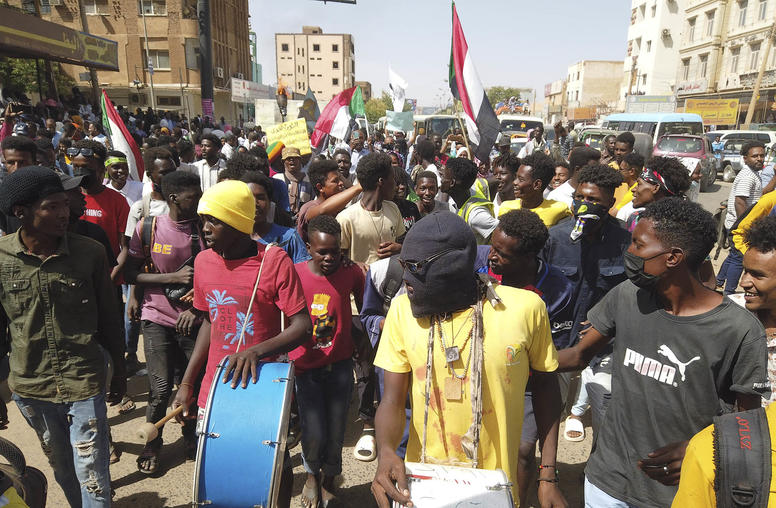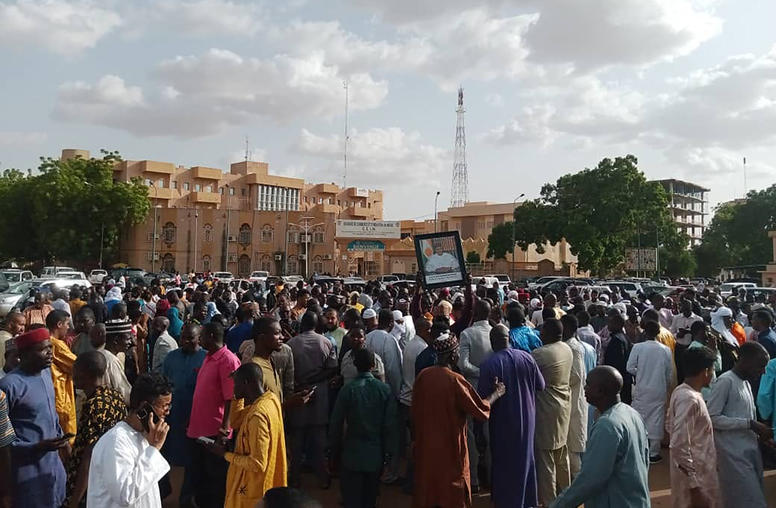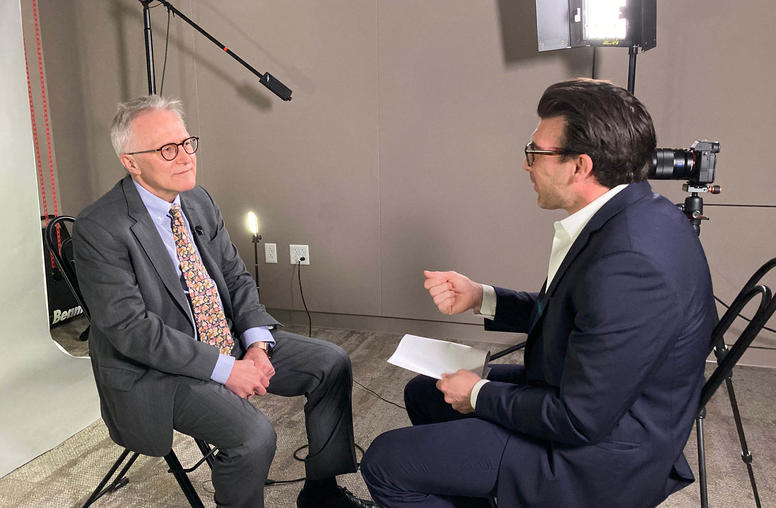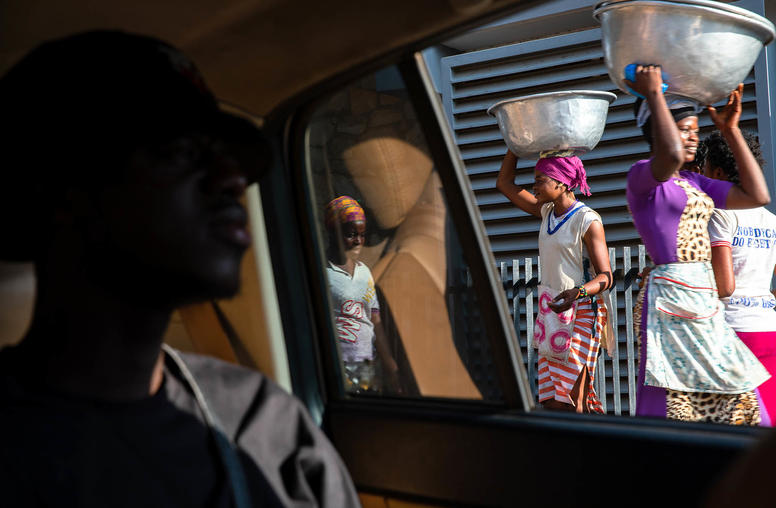Guinea: Challenges and Prospects for a Democratic Transition
In the years since independence in 1958, Guinea's history has been one of political intimidation, harassment, and oppression. What governing challenges does Guinea face? How can the international and regional stakeholders effectively ensure the success of the democratic transition?
The Center for International Policy and Innovation and the United Stated Institute of Peace held a joint event to discuss the challenges and prospects for Guinea's democratic transition.
In the years since independence in 1958, Guinea's history has been one of political intimidation, harassment, and oppression. Despite Guinea's adoption of multiparty politics in 1993, the country's democratic transition never effectively took place. Now, after the death of President Lansana Conté and the end of the transitional military-led administration, many argue that Guinea has a chance to finally embark on a democratic transition. Certainly, the international community has focused on the elections as the conclusion of the political crisis in Guinea and the launching of a new democratic transition. However, as the second round of the elections revealed, there are severe institutional weaknesses, deeply rooted mistrust between political parties, and divisive ethnic grievances that Guinea must overcome.
What governing challenges does Guinea face? How can ethnic tensions and grievances be successfully managed? What role can civil society play in consolidating the democratic transition? How can the international and regional stakeholders effectively ensure the success of the democratic transition?
Speakers
- Ambassador Jendayi Frazer, Chair
Distinguished Public Service Professor and former Asst. Secretary of State of African Affairs
Carnegie Mellon University - Dr. Lansiné Kaba, Speaker
Professor
Carnegie Mellon University - William Fitzgerald, Speaker
Deputy Asst. Secretary, Bureau of African Affairs
U.S. State Department - Dorina Bekoe, Opening Remarks
Senior Research Associate (Africa)
U.S. Institute of Peace



